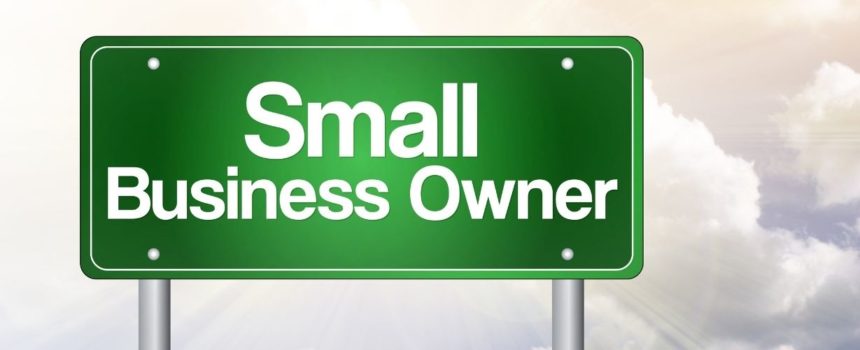A lot of small business owners start with little knowledge of business, and that’s a big handicap. As a result, they often end up making costly mistakes. In some cases, these can be minor setbacks, but in others, it could mean the end of their business. This is probably why an estimated 20% of all new small businesses fail within the first year. If you don’t want to become another statistic, here are some of the mistakes you should avoid when first getting started.

Not Understanding the Difference Between Profit and Profit Margin
Profits do not tell the whole picture. You might be raking a lot of profits in but operating on very tight margins. That means that one single event could send your costs skyrocketing and make your business unprofitable overnight.
This why understanding the difference between gross margin and gross profit is extremely important. This will allow you to get a clearer picture of the state of your business and how precarious your profits actually are. You will then be able to take steps to increase your margins, whether it’s by negotiating a better deal with your suppliers, reorganizing your price structure, or reducing your overheads.
Going too Big too Fast
There are many ways that this can happen. In some cases, people end up getting a space that is way too expensive or big for their needs. This often happens in the restaurant business. Many will automatically assume that they need to start from a glitzy location with thousands of items on the menu when they could be much more profitable if they operated from a much smaller space and simplified their menu.
Another mistake is accepting big orders that they can’t fulfill. This is one of the saddest reasons for failure, as businesses become victims of their success and often can’t stomach refusing the first big order they get.
In other cases, businesses expand too fast. Knowing when to extend is not something everyone can do, and you should consider consulting an expert before doing so. Your accountant could offer insights, but there are growth specialists who can help you give you the pros and cons of expanding at this very moment and if you can handle it.
Buying Everything
Buying equipment upfront has its pros and cons, but it’s often a much better idea for a new business to lease instead. The cash flow hit will be less significant and you won’t have to worry about unloading a piece of machinery that might be obsolete in a few years.
The same goes with your fleet. Choosing to buy instead of leasing vehicles could be a huge mistake here. You have no idea if you’re going to be able to sell off vehicles after you’re done with them or how much residual value they will have, especially with the mileage they’ll have amassed. Leasing will save you lots of headaches, put less pressure on your monthly finances, and allow you to pick up a new lease at the end of your contract.
Do not commit any of these mistakes if you want to increase the chances of your business being successful. We also suggest that you get solid advice before you decide to make any major decision.











Comments